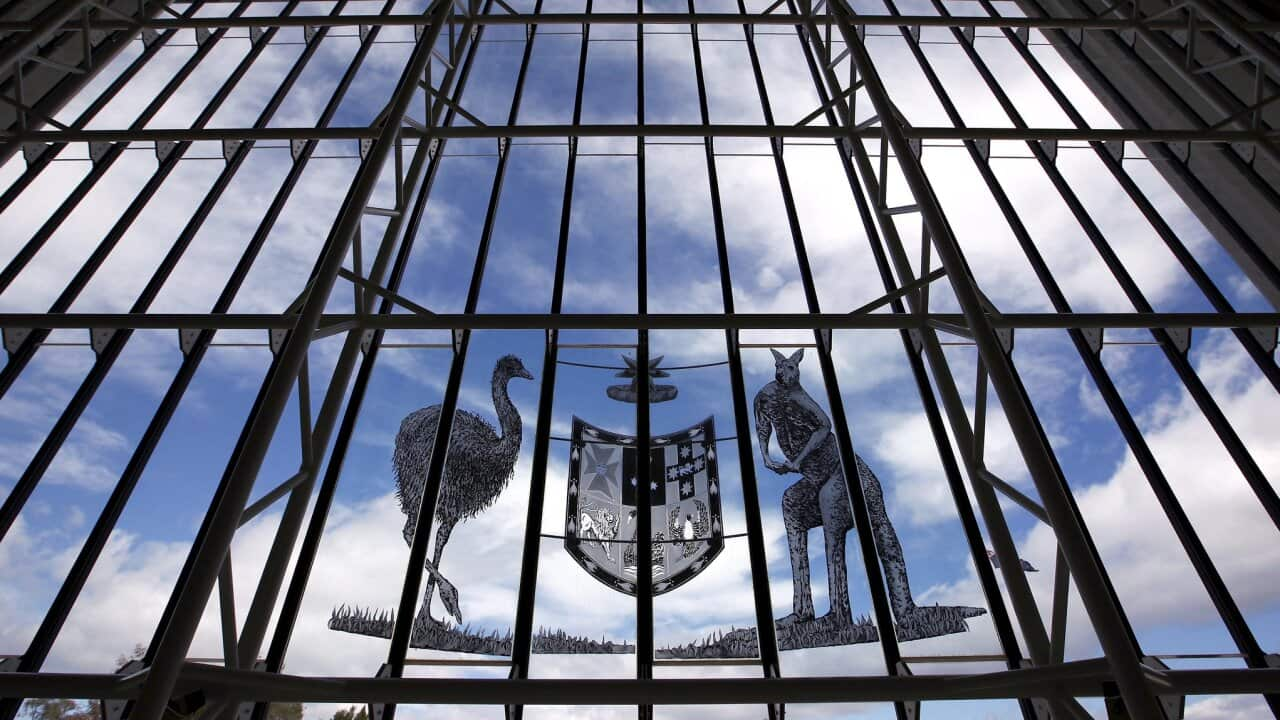The federal government is trying to overturn a landmark High Court ruling which found that Indigenous people could not be deported.
The 2020 decision ruled that Aboriginal people are not subject to the 'alien' powers in the constitution, and cannot be deported under immigration law regardless of citizenship status.
The federal government is now seeking to have that decision overturned, launching legal action in the same court after claimants' Daniel Love and Brendan Thoms narrow victory.
Shayne Montgomery, a Wakka Wakka and Mununjali man from the Bundi Monsell family has lived in Australia for more than 20 years but is not an Australian citizen.
Mr Montgomery, who was born in New Zealand but migrated to Australia as a young boy, has been held in detention after having his visa cancelled over a .
He is currently in a legal battle in the High Court. He is seeking to broaden the definition of Indigenous peoples to include informal traditional adoptions — even if they have no Indigenous biological heritage.
He is now trying to prevent his deportation by using the precedent set by the Love and Thoms decision.
Legal challenge 'arrogant'
Constitutional lawyer Eddie Synot said the push by the Commonwealth is concerning and risks undermining the fundamental principles of law.
"It's a bit of arrogance about the power of executive government and what they think they should be able to do," he told NITV news.
"You can't just go and overturn decisions — the rule of law, and how law works, is based on consistency and fairness in that process," Mr Synot said.
The 'Indigenous' test, which has been in place since the 1970s, determines Indigeneity thorough Indigenous biological descent, identifying as Indigenous and the wider Indigenous community as accepting them as Indigenous.
Synot, a Wamba Wamba man, said he was uncomfortable that definitions of the Indigeneity of First Nations people is being decided by the courts, and that adoption was and is part of Indigenous culture.
"Whether or not it should be recognised should really be something up to Indigenous peoples and mob themselves, not something for the High Court to be determining about our people again," he said.
He said the legal challenge also risks harming the relationship between First Nations people and governments.
"I think it really does put the question marks over everything the government does in Indigenous Affairs," he said.
"How are we able to trust them and take their word as being genuine?"
The case is adjourned to next month.











